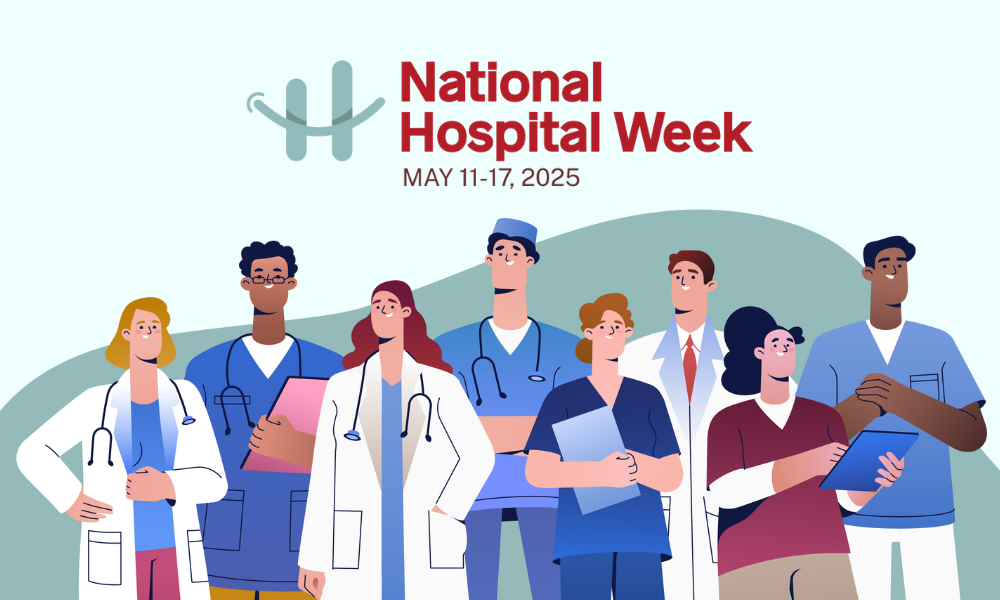New York City shut down (except for “essential” businesses and services).
“Shelter-in-place” orders for residents in cities, counties, and states across America.
Store shelves normally packed with paper products totally emptied.
Parks, theaters, gyms and recreation centers closed.
Restaurants closed except for take-out or delivery.
Hardly any traffic on roads normally clogged with people trying to get somewhere.
Looking at footage of empty city streets it’s difficult not to wonder, ‘Is this a new season of (AMC’s) “The Walking Dead?” Or am I going to wake up soon?’
Welcome to the “COVID-19 Pandemic,” which has turned our lives upside-down in just a couple weeks’ time. As the number of confirmed US cases of this coronavirus topped 90,000 and the US death toll approached 1,400 on March 27, the United States claimed the top spot on Johns Hopkins University’s “Coronavirus COVID-19 Global Cases” tracked by the university’s Center for Systems Science and Engineering.
New York has become the epicenter of the COVID-19 outbreak in the United States with almost 45,000 confirmed cases, hospitals overflowing and more than 500 deaths as of midday March 27. (Some good news: At the same time more than 60,000 New York State medical professionals had volunteered to help in the fight against COVID-19.)
As of this writing, other US “hot-spot” states include Washington (where the first case was identified) California, Texas, Louisiana and Florida.
Since President Trump declared a national state of emergency a couple of weeks ago, each of the 50 states, plus four US territories and the District of Columbia, has issued emergency declarations related to COVID-19. This gives governors greater flexibility in accessing and deploying resources to fight the pandemic.
Federation Facilitates Flexibility
In at least 18 of 50 US states, this has included relaxing medical licensing and renewal regulations to accommodate the expected surge in COVID-19 cases across the country. That number has increased from the 25 states that had joined the Interstate Medical Licensure Compact as of January 10, according to Medscape.com. Finalized in 2014 and implemented in April 2017, the compact also includes the District of Columbia and Guam.
The Federation of State Medical Boards (FSMB) has developed recommendations for governments seeking to ensure adequate clinician coverage through emergency changes to licensure requirements. The guidelines address clinician eligibility, verification, duration and documentation to ensure the care being provided balances public health with public safety.
On March 18, Vice President Mike Pence said the Trump Administration supports plans to allow physicians to work across state lines. That same day the FSMB released a letter it had sent to the vice president offering free, 30-day access to its Physician Data Center (PDC), which FSMB President and Chief Executive Officer Humayun J. Chaudhry, DO, described as “the nation’s most comprehensive repository of licensure and disciplinary information for the more than 1 million physicians and physician assistants licensed in the US.”
Chaudhry said the PDC would allow hospitals, federal agencies, and state medical boards to instantly verify licenses and other credentials for clinicians being deployed to areas impacted by the COVID-19 virus without compromising patient safety or treatment quality. Healthcare staffing companies–including locum tenens agencies–know this is huge in deploying medical professionals to hospitals and other healthcare facilities where they’re needed faster.
As of this writing, the states reporting no changes to medical licensing or renewals included Minnesota, Missouri, Nebraska, Nevada, South Dakota, Utah, Vermont, West Virginia, and Wisconsin.








